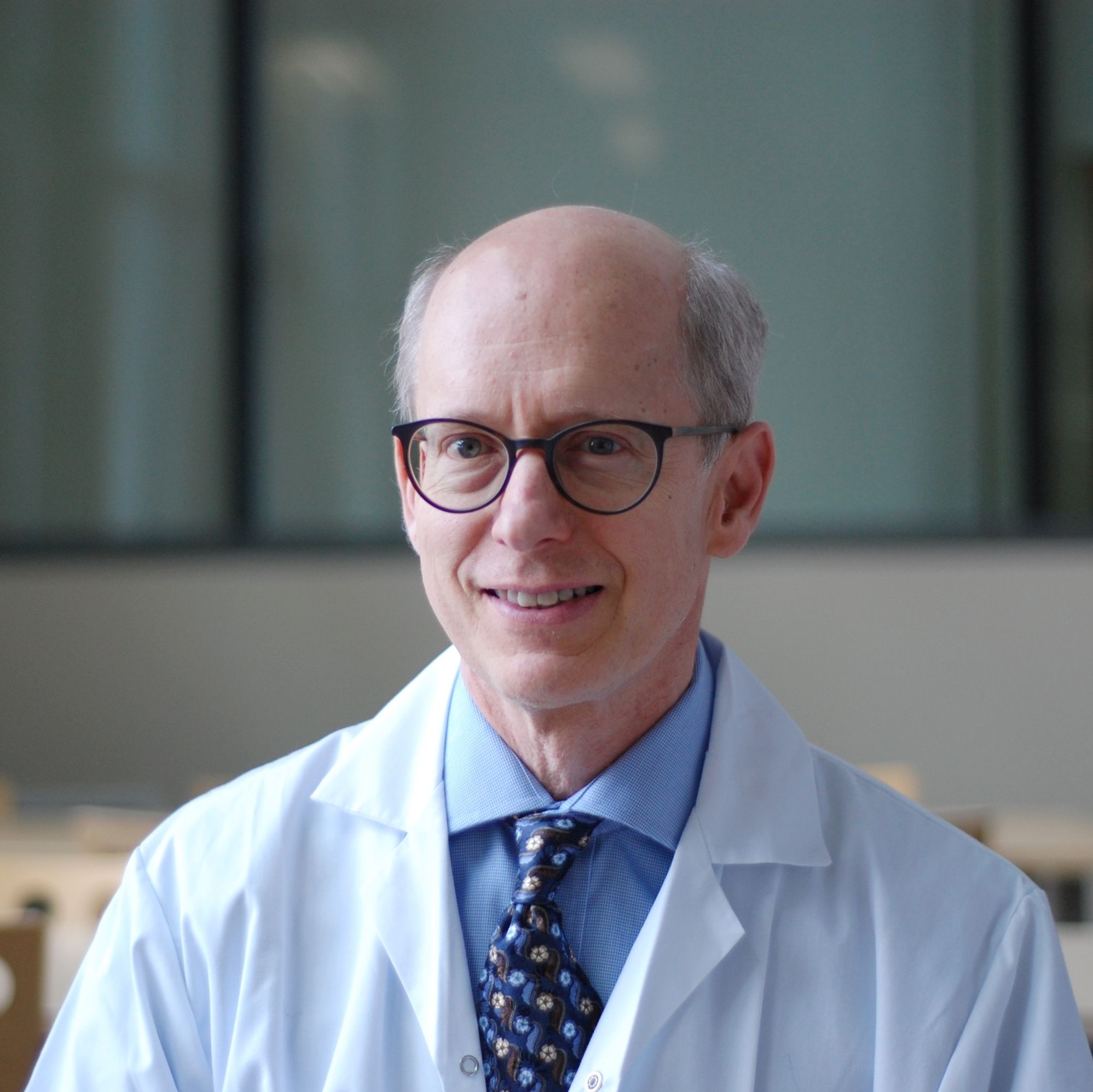

Wilson Miller
Director, Laboratory Research, Clinical Research Unit, Developmental Therapeutics Program, Professor, Division of Oncology, Segal Cancer Center, Jewish General Hospital (Canada)
In addition to his clinical duties as a medical oncologist, Dr. Miller also conducts research on the mechanisms of action of retinoids (active derivatives of vitamin A) and their nuclear receptors with the goal to develop new treatments for cancer. Current projects focus on how retinoid activation of transcription factors and interaction with signalling pathways can induce differentiation, growth inhibition, and apoptosis of human cancer cells. Acute promyelocytic leukemia (APL) has provided a model for his group’s efforts to understand retinoid action at the molecular level and to broaden their indication for additional malignancies. They are evaluating additional novel transcriptional therapies, including inhibition of histone deacetylase and methylation, to overcome resistance to retinoids, in a variety of malignant cells with intrinsic or induced resistance to retinoids. They are also investigating retinoids in breast cancer cells, specifically interactions between the estrogen receptor, intracellular signalling pathways, and the transcriptional and growth inhibitory response to retinoids. Finally, their research has led to the study of mechanisms of induction of apoptosis by arsenic trioxide, a highly effective salvage treatment for APL patients, and other novel agents in leukemia and other malignancies.

